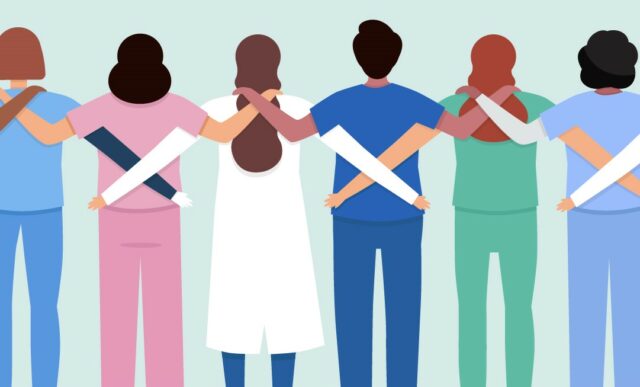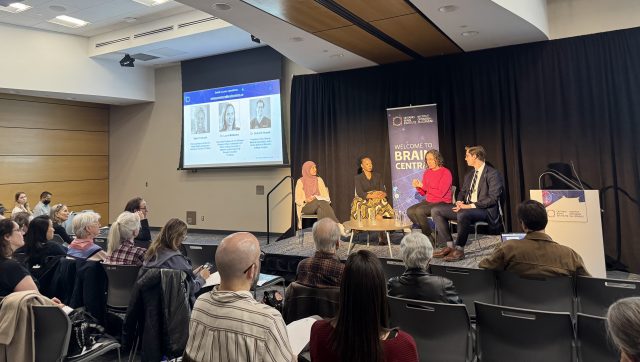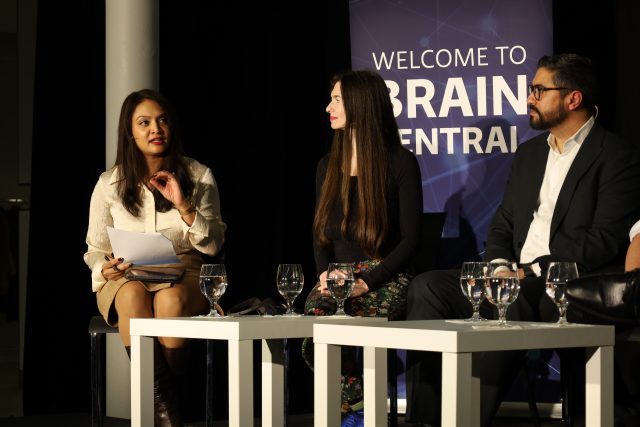“It’s a logical next step, if medical care is embedded into communities physically, but it takes that extra step to embed yourself culturally and socially and become one with the communities you’re in…”
Dr. Fatimah Jackson-Best
When someone is diagnosed with a brain disorder, it’s not dramatic to say that it takes a village to support that individual. These brain disorders have societal impacts reaching farther than the one in three individuals currently impacted by them, from friends and family to colleagues and community members. Traditionally, care has been defined as treatment through a healthcare centre, ignoring the abundant support and resources that community members can provide for one another.
Panelist Profiles
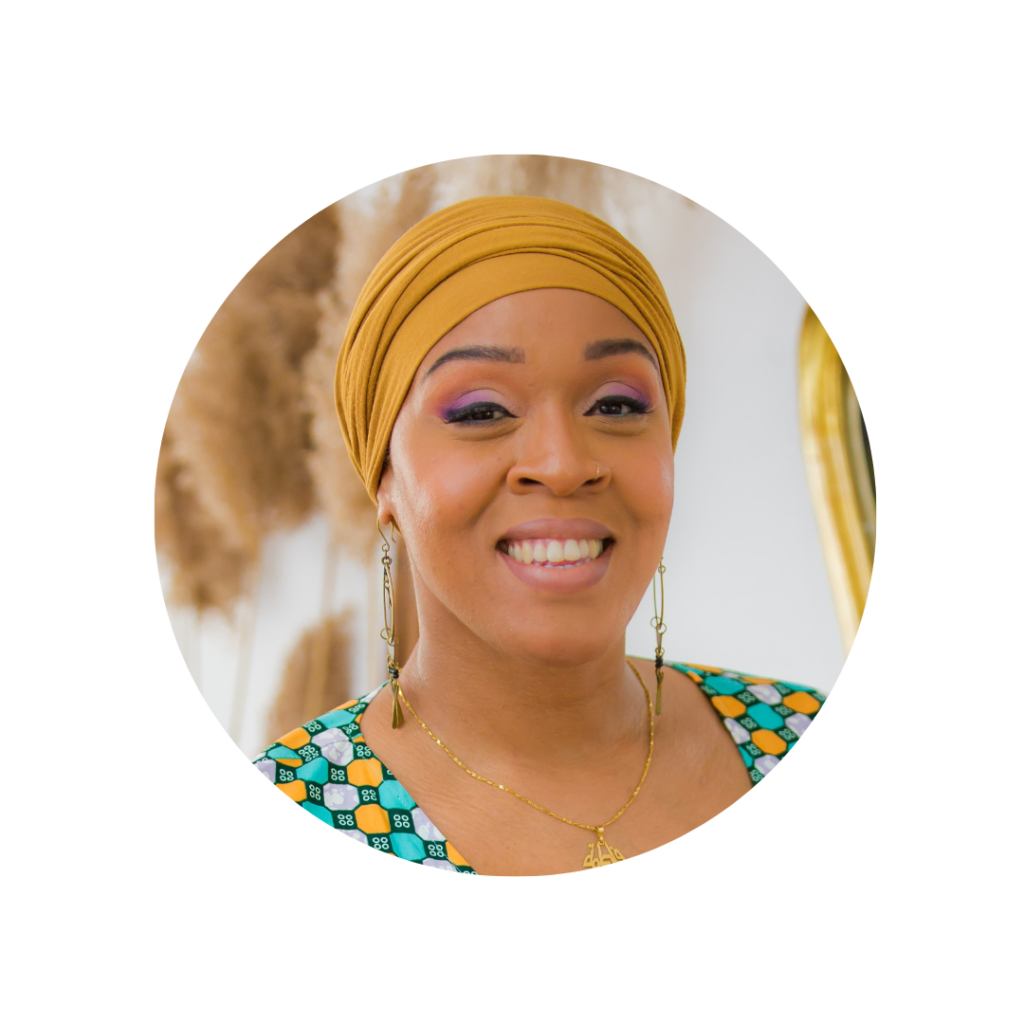
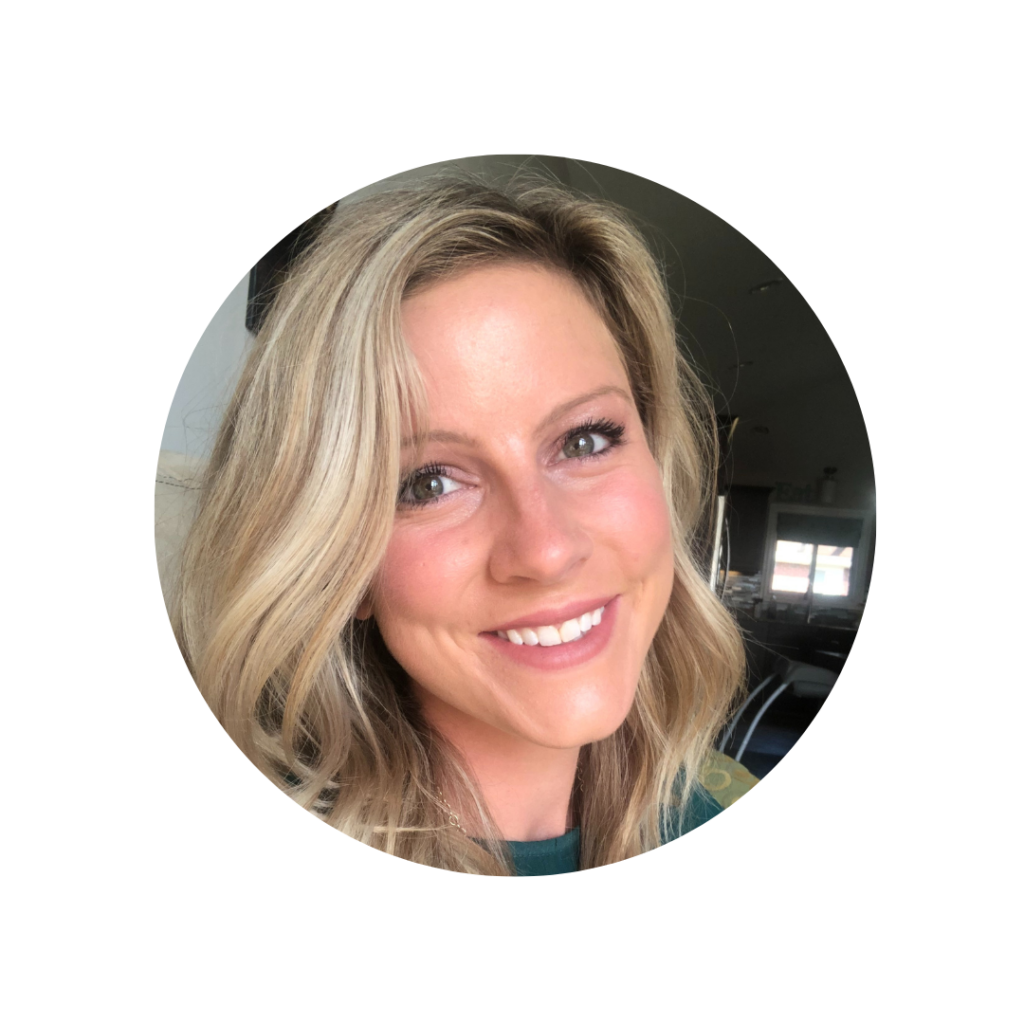

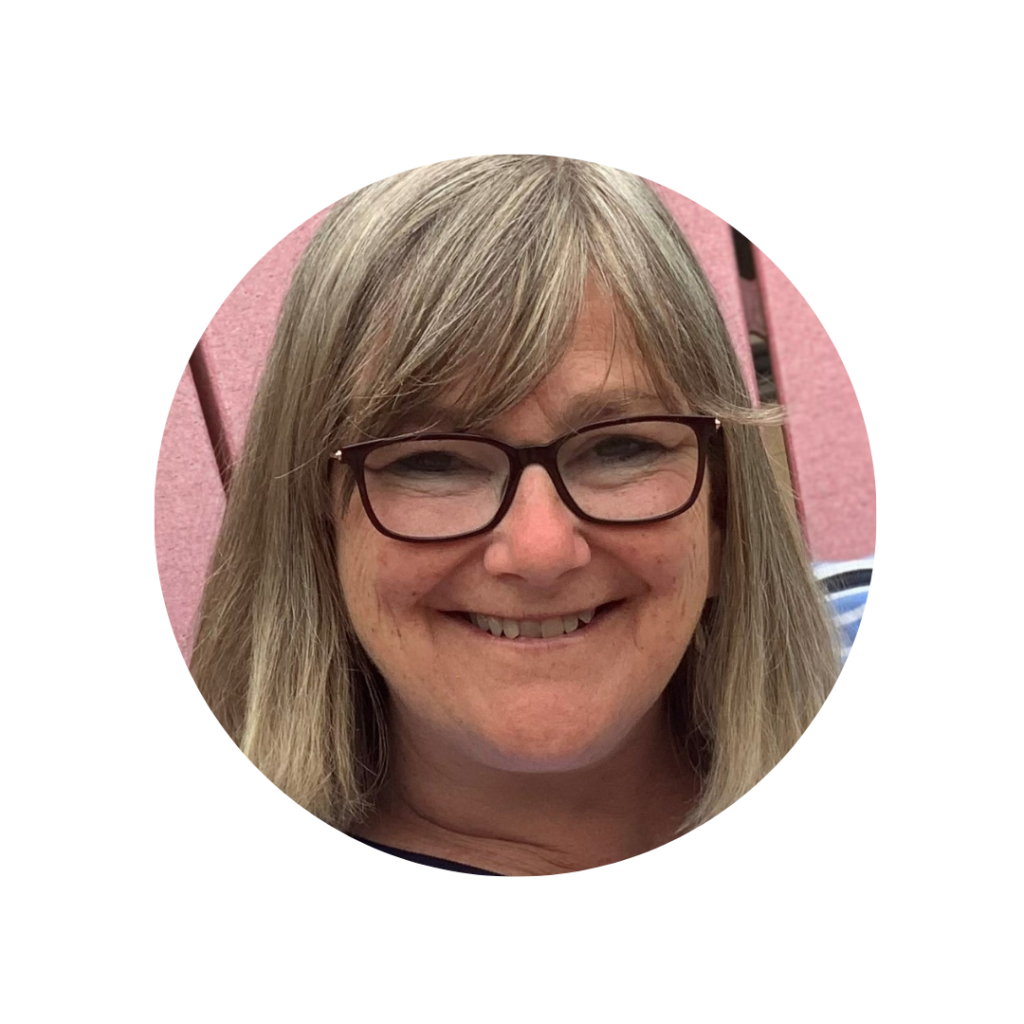
The Ontario Brain Institute hosted our Dimensions of Care Public Talk in October 2022 to discuss how those impacted by brain disorders can navigate a path forward in their healthcare journey. Mary Secco, Chair of Global Outreach at the International Bureau for Epilepsy, moderated a discussion with panelists Dr. Fatimah Jackson-Best, Katelynn Thibert, and Denis Boileau to identify the community supports currently in place and what’s needed to elevate healthcare for brain disorders.
The conversation focused on the role of community care in supporting individuals with a brain/mental health condition as well as struggles that panelists have faced within their work in the current healthcare system. Fatimah noted that the inclusion of all people, and not utilizing a one-size-fits-all approach, is very important because it doesn’t assume we all have the same experiences. We all have unique needs that must be recognized as just that – unique. Mental health supports for Black youth and children, as well as their families, are necessary and community organizations such as the Black Health Alliance are doing the important work of listening to members of their communities and addressing concerns in order to allow everyone to flourish.
“Culturally responsive and culturally specific mental healthcare needs willing partners from institutions and organizations that want to adopt those recommendations, and this doesn’t always happen”
Dr. Fatimah Jackson-Best
Denis shared that funding for social determinants of health are an integral part of Vista Centre Brain Injury Services. It is important that investments in services such as housing and teaching independent living skills for those with acquired brain injuries (ABI’s) are made, seeing as these are some of the most prevalent issues that Denis’ team witness within their community. There is an unfortunate growing wait list for individuals to receive care and resources within the Centre, but thankfully, community organizations such as Vista Centre Brain Injury Services have system navigator roles that help people with brain disorders along their journey.
When asked which entry points to the healthcare system Katelynn found the most helpful for her son’s care, she responded with “none of them”. It was very difficult to find the entry points for both her son and herself since resources available were not obvious and put the responsibility on the family to do their own research and outreach. Once she was able to access an integrated community clinic, Katelynn reflected on the welcoming environment that other agencies would benefit from replicating, as well as how connected and comprehensive their services and treatment were.
Another prevalent topic of the discussion surrounded how Ontario can integrate community care methods into the current healthcare system. Katelynn had many ideas on the matter, including parent advocacy training and mentorship, community agencies receiving more funding from government or other philanthropic sources, enticement for Canadian specialists to stay within our own communities, and accessible educational resources. As an advocate for her own son, Katelynn understands that having accessible doctors who can specialize in specific brain disorders such as epilepsy is so important for their development and quality of life.
“Education is the spark that starts the flame… The more we educate correctly… the more we do, the more we will progress together as communities, as provinces, as a country”
Katelynn Thibert
Denis built on the present stigma within the ABI space. Currently, approximately 30% of unhoused individuals in the city of Ottawa have an ABI and they suffer from the stigma of having “strange” behaviors due to their brain injury. It’s difficult for them to stay in shelters for a long period of time due to this stigmatization. Community care relies on education as an effective tool for all to better understand brain disorders and how they can support those impacted.
Fatimah drew on the approach Pathways to Care takes, focusing not just on Black children and youth, but also on the families of these children and youth. The power of speaking up and gathering as a collective to push activism is an incredibly crucial facet of community care and an example of how advocacy can impact the current healthcare system. A new pilot program in Toronto that focuses on mental health crisis response situations was constructed because of the influence of community care, and it is the hope that Black community members will be safer due to it.
In a pre-recorded feature video, Megan Ball Rigden joined the public talk to share how she is helping to shape the future of care for her children. Often referring to herself as an “accidental advocate,” Megan has overcome many difficulties and hurdles while her children, who are both on the moderate-to-severe end of the autistic spectrum, have grown up.
When discussing resources available for her and her children, Megan had to make many phone calls and endured immense stress that all parents who feel lost in the efforts to support their children would. Learn more about Megan’s journey supporting her children through their autism spectrum disorder diagnosis within the public talk.
There are an overwhelming number of avenues one can take to access care within Ontario, and they are not comparably accessible, effective, or efficient. The three organizations represented today, as well as so many others, are integrating community care into already existing traditional healthcare pathways to access the care they require. By using the power and influence of community care and education, barriers are overcome, and community members can utilize that support.
Watch OBI’s Public Talk on Dimensions of Care on YouTube.
RESOURCES
- Children First: services for families with children up to 6 years old at risk for or experiencing mental health challenges or developmental concerns
- Autism Speaks: advocacy and support for the needs of individuals with autism and their families
- Autism Speaks Canada
- Summit Centre: for preschool children with autism (Windsor, ON)
- Family Respite Services (Windsor-Essex, ON)
- EPASS: teacher toolkit to promote well-being in students with epilepsy
- Community Care as an Extension of Healthcare: OBI Blog Post
- Care in the Digital Age: OBI Blog Post
- Building Networks Fundamental to Improving Health Impacts: OBI Blog Post
- Sharing Caregiving Strategies to Address Risky Behaviour Changes in Dementia: OBI Blog Post
If you would like to learn more about other talks and events, please visit our YouTube channel and Events page as well as subscribe to our mailing list!
